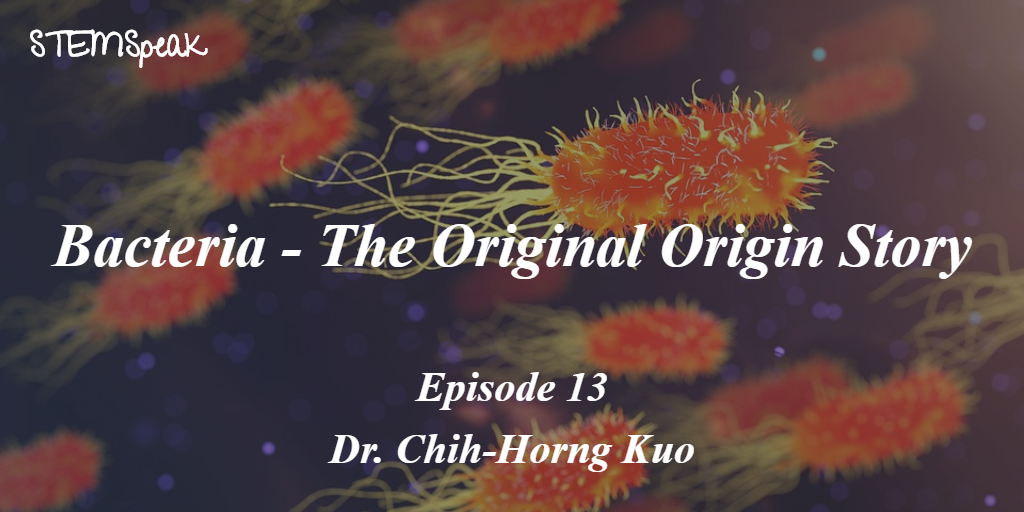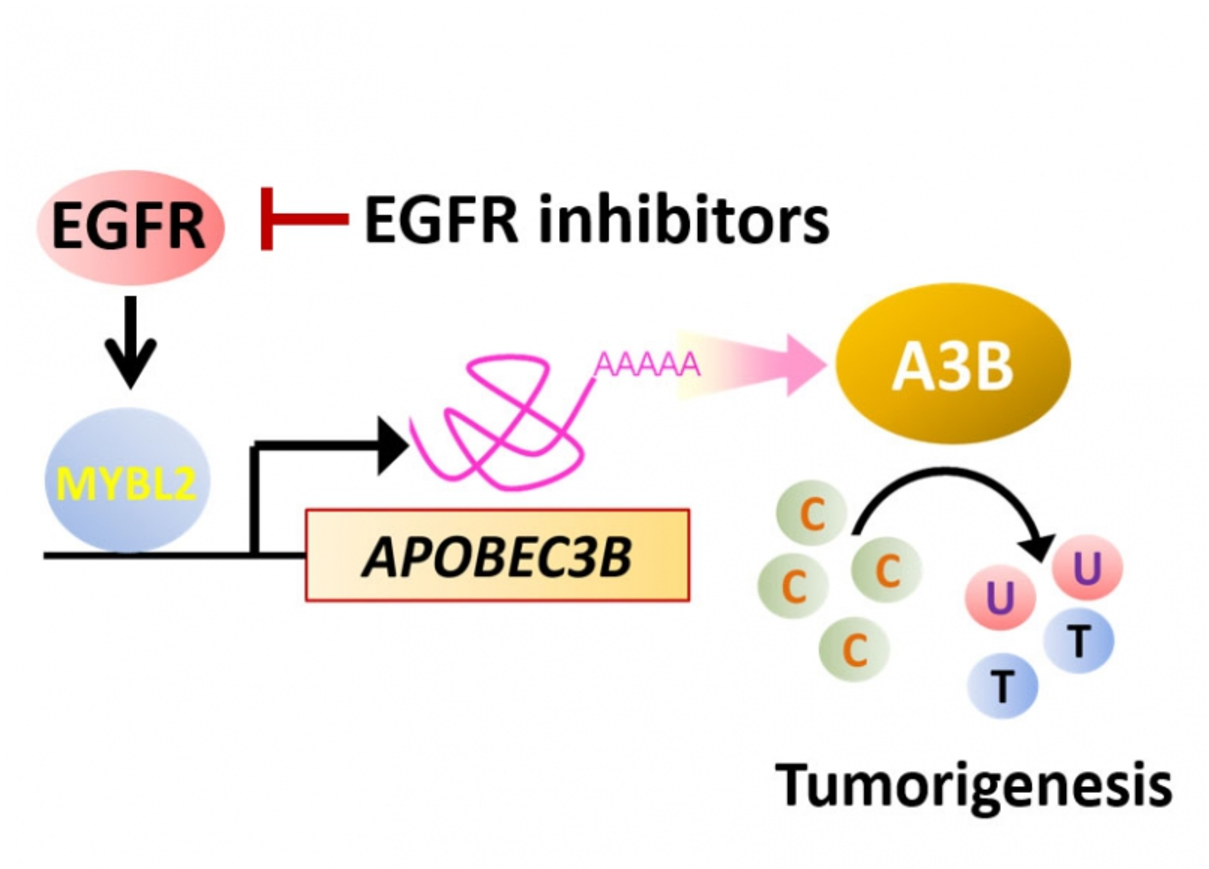
Bacteria – The Original Origin Story with Dr. Chih-Horng Kuo
- Episodes
- 1.7K
Why are some bacteria pathogenic and some are not? How do we differentiate between bacterial species and why should we? What can we learn from comparing bacterial genomes? What is metagenomics? Dr. Chih-Horng Kuo, Associate Research Fellow from the Institute of Plant and Microbial Biology in Academia Sinica answers these questions and illustrates how studying the history of bacterial evolution is important for our future.
https://radiopublic.com/stemspeak-6rRR0R/ep/s1!77b20
Dr. Chih-Horng Kuo is also an Adjunct Associate Professor at Biotechnology Center, National Chung Hsing University and Department of Life Science, National Taiwan Normal University.
Dr. Kuo got his BS degree from Department of Botany, National Taiwan University in 1998 and his MS degree in 2003 from Interdepartmental Genetics Program, Iowa State University, Ames, IA, USA.
He got his Ph.D. degree from Department of Genetics, University of Georgia, Athens, GA, USA and worked as Postdoc at Department of Chemistry and Biochemistry & Department of Ecology and Evolutionary Biology, University of Arizona, Tucson, AZ, USA before moving to Taiwan. His started his career as Assistant Research Fellow/Professor, Institute of Plant and Microbial Biology, Academia Sinica in 2010.
His current research is focused on the Genome Evolution in Symbiotic Bacteria. In microbial evolution, the development of a host-dependent lifestyle often has profound effects on genome architecture. To better understand the evolutionary processes involved, as well as the functional consequences of changes in the gene content, his lab utilizes genomics and transcriptomics tools to conduct comparative analyses among bacteria with different ecological niches. The recent research projects in his lab are based on two main study systems: Mollicutes and Agrobacterium.
The class Mollicutes contains diverse groups of host-associated bacteria with no cell wall, including Mycoplasma (vertebrate pathogens), ‘Candidatus Phytoplasma’ (plant pathogens), and Spiroplasma (mostly insect symbionts, with few plant pathogens). The last group is of particular interest because it contains species that are harmless commensals, beneficial symbionts, or pathogens with varying levels of host-dependence.
Thus, comparative studies within this genus can improve our understanding of the evolutionary transitions between different lifestyles and shed light on the evolution of pathogenicity in bacteria. their short-term goal in this system is to investigate the genetic mechanisms that may explain the phenotypic differences among species with distinct ecological niches. In the long-term, they plan to generate sufficient genomic data in this previously understudied genus such that comprehensive comparisons among different groups within Mollicutes will become possible.
The plant-associated bacteria in the genus Agrobacterium are important because of their biotechnological use in plant transformation and their phytopathogenic that impacts agriculture. Through collaboration with Dr. Erh-Min Lai in their institute, they are interested in the genetic diversity, genome evolution, and functional characterization across different subgroups within this diverse genus.
If you liked this article, then please subscribe to our YouTube Channel for the latest Science & Tech news. You can also find us on Twitter & Facebook.


